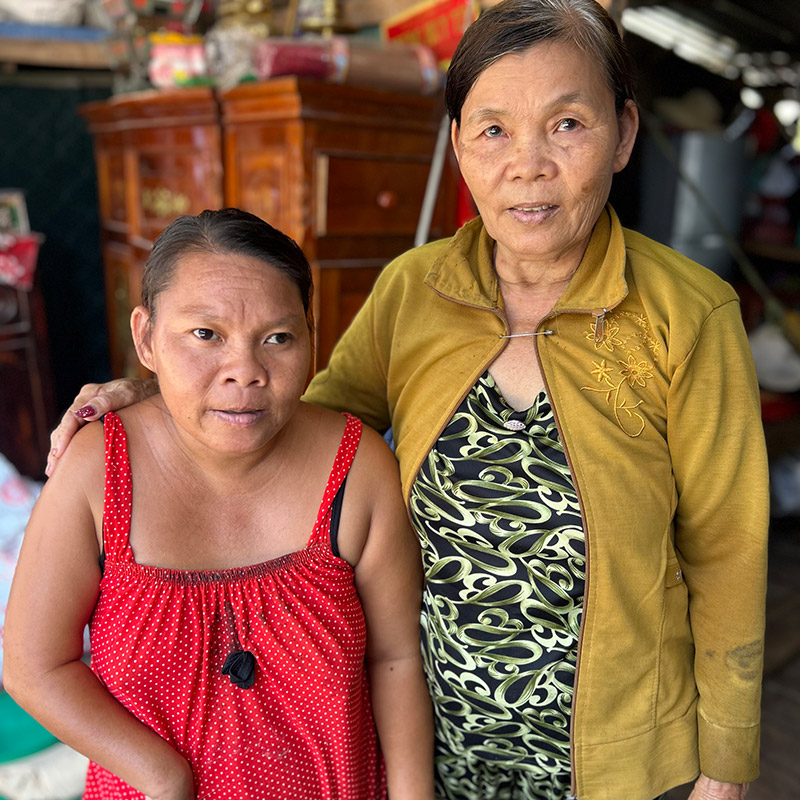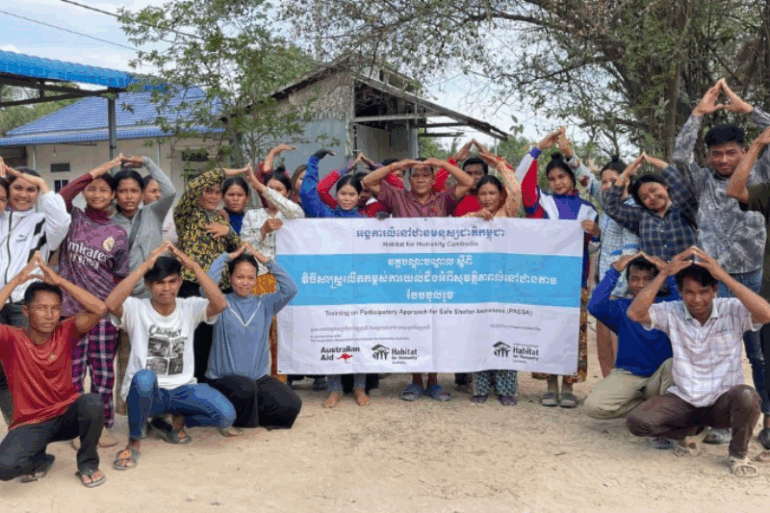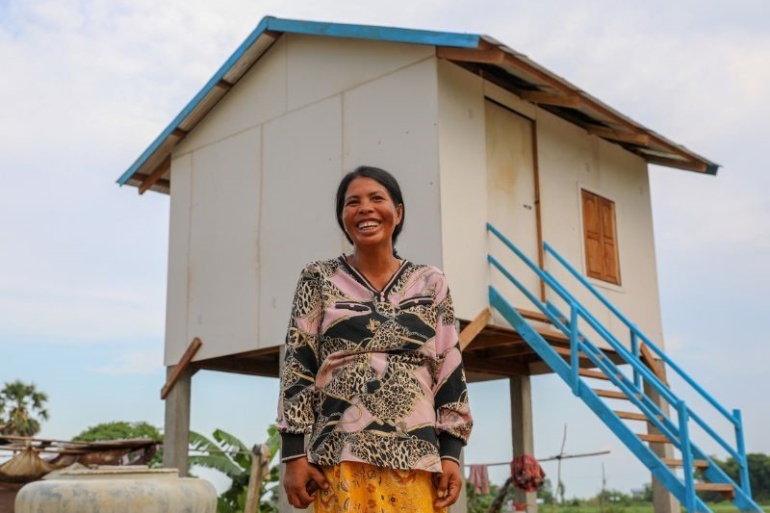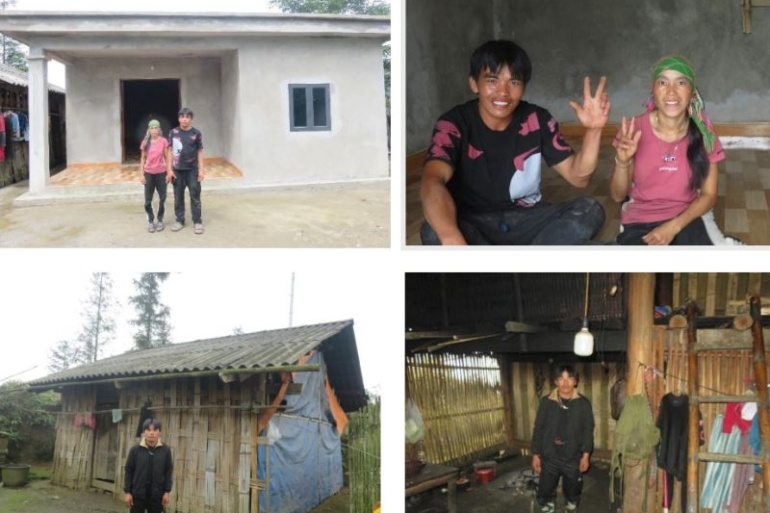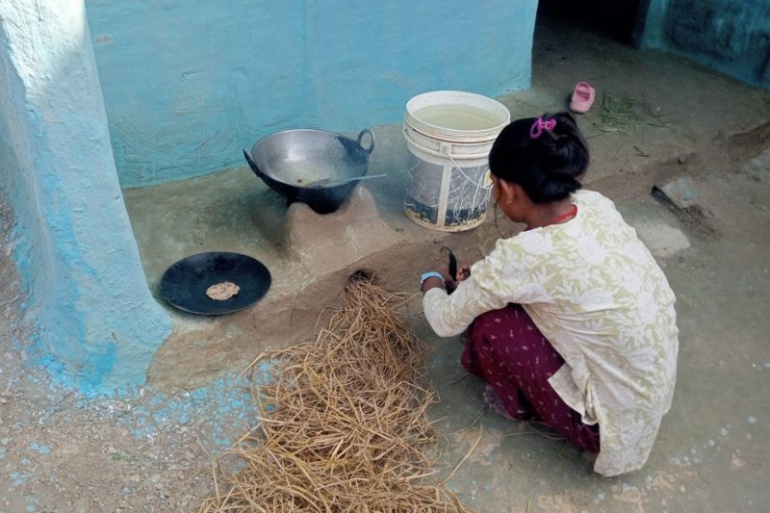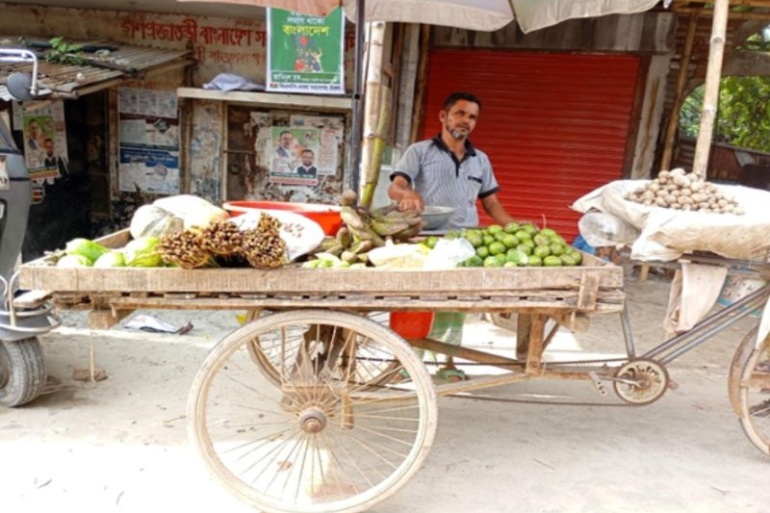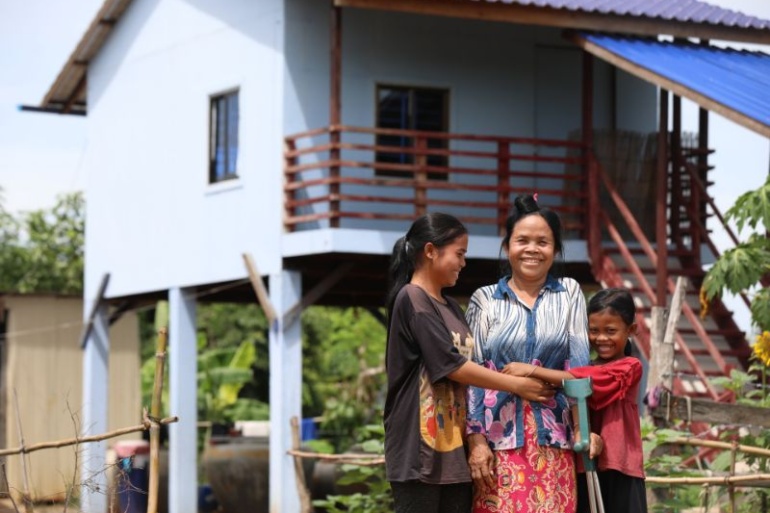Diversity and inclusion is central and imperative for all operations of Habitat for Humanity Australia
We believe in a world where everyone — no matter who they are or where they come from — deserves a decent place to live. We recognise that, to create this world, our work must always break down barriers, bring people of all backgrounds together and respect and learn from each other to bring about change.
HFHA is committed to promoting gender equality and diversity in all of its developmental work. Gender equality refers to equal opportunities, access to and control over resources and decision-making by both women and men of all ages.We support projects that provide support to women, gender minority groups, people with disability and other vulnerable groups (including people living with AIDS and HIV) both as direct project beneficiaries as well as agents of change as influential participants in community decision-making processes.
HFHA adopts a disability-inclusive approach that seeks to identify and address barriers that prevent people with disabilities (PWD) from participating in and benefitting from development. The World Bank and World Health Organization, World Report on Disability 2011 estimated that PWD make up 15% of the global population and 20% of people living in developing countries. The United Nations Enable, Factsheet on Persons with Disabilities 2015 indicates that 80% of PWD live in developing countries.
Our aim is to reduce inequality, and to empower and promote the social, economic and political inclusion of all, irrespective of any social, gender, disability, social or cultural status is guided by the basic principles set out in Goals 5 and 10 of the SDGs.
